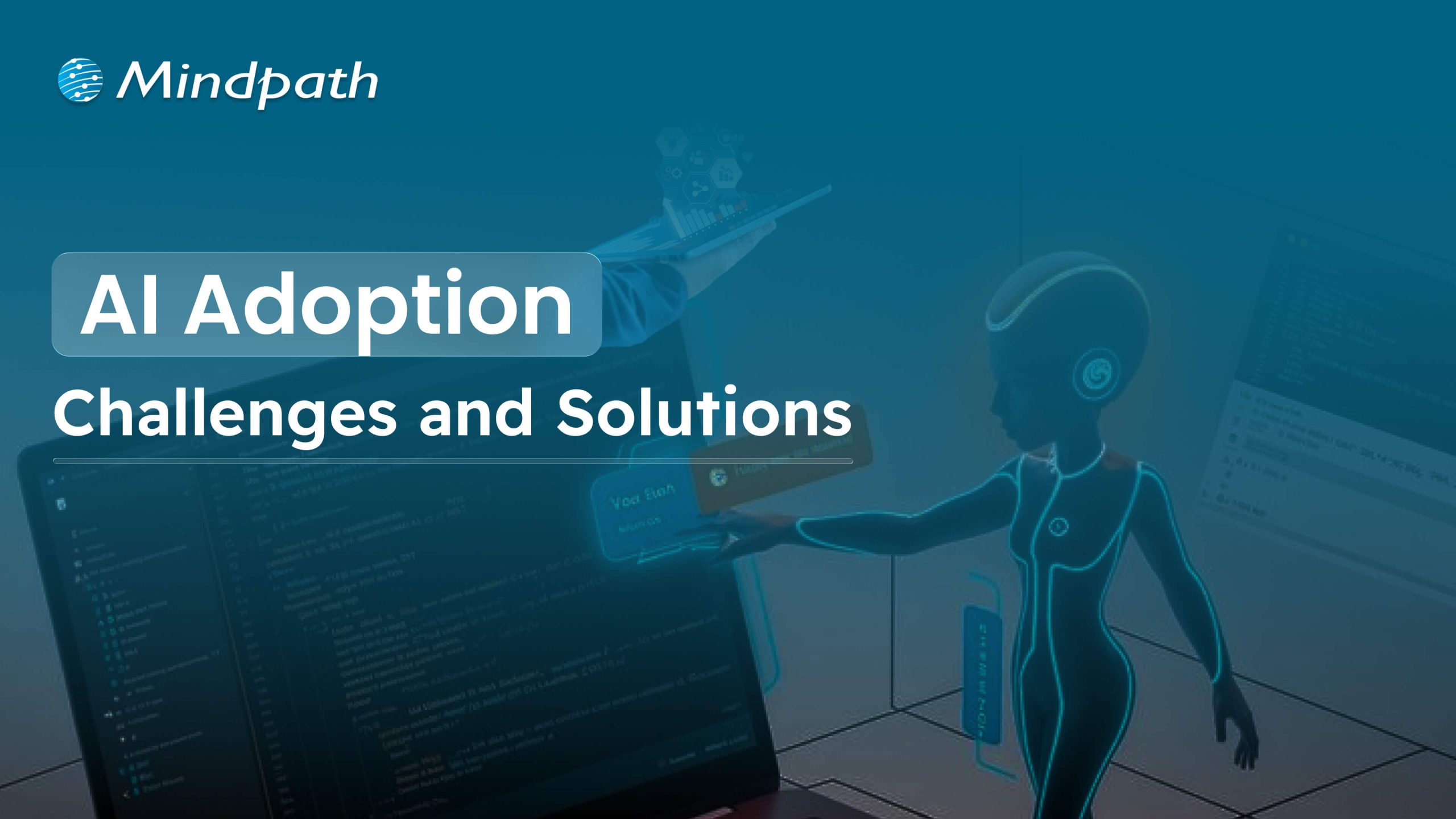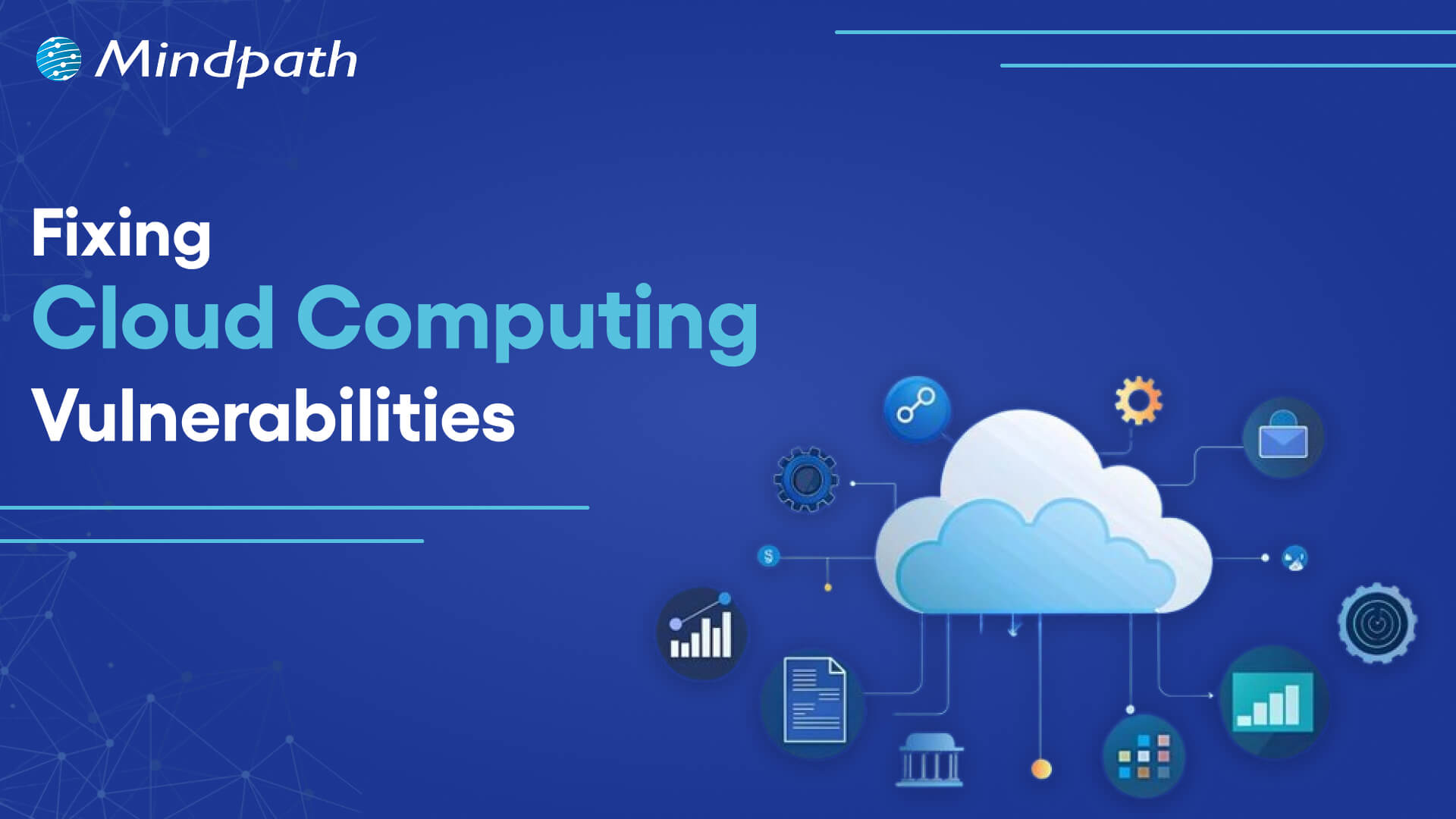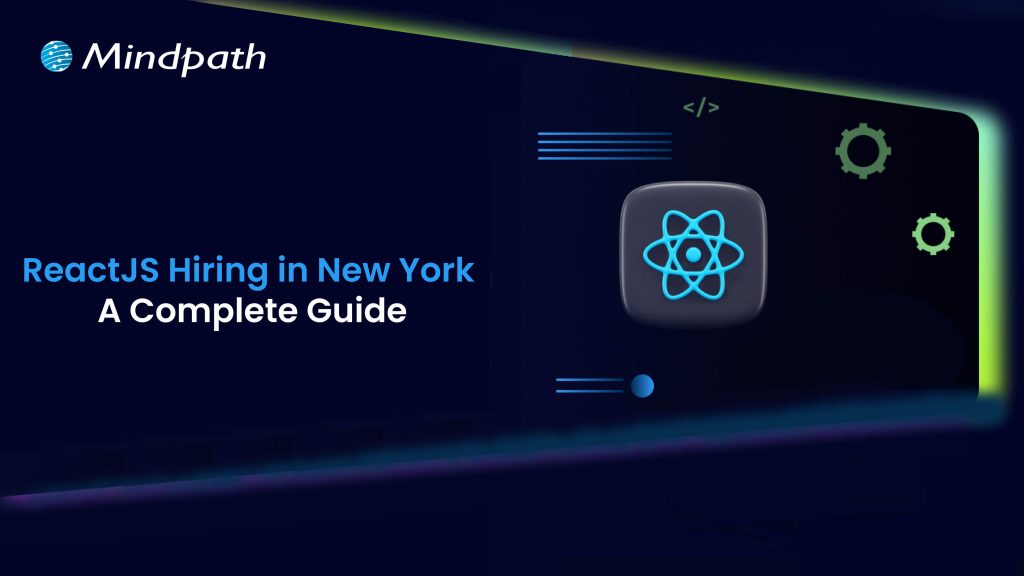What if your business could automate creative tasks, generate innovative product designs, or even personalize customer interactions without manual effort? How are companies across different industries already harnessing the power of Generative AI to solve challenges and improve efficiency? Could Generative AI be the key to unlocking new levels of innovation and growth for your business? In this blog, we will explore the use cases of Generative AI that is shaping the future of business operations.
Generative artificial intelligence (generative AI) is a form of AI capable of producing new content and ideas, such as conversations, stories, images, videos, and music. AI technologies aim to replicate human intelligence in nontraditional computer tasks such as image identification, natural language processing (NLP), and translation. Generative AI represents the next phase in artificial intelligence. You can teach it to understand human language, programming languages, art, chemistry, biology, or any other complicated topic. It leverages previously trained data to tackle new issues. For example, it can acquire English vocabulary and compose a poem using the words it processes. Your organization can utilize generative AI for a variety of applications, including chatbots, media production, and product development and design.
So, let’s explore the use cases of Generative AI!
Use Cases of Generative AI
1. Cybersecurity And Fraud Prevention
Many cybersecurity organizations are leveraging generative AI to improve their solutions for detecting suspicious activity on consumer networks and systems. These AI systems can accurately anticipate acts of fraud by analyzing transaction patterns and user behaviors.
This technology enables firms to respond swiftly to possible attacks, which improves their entire security posture. Generative AI continually learns from fresh data, adjusting to evolving risks and assisting security teams in staying one step ahead of hackers. As cyber threats get more complex, using AI for fraud detection and cybersecurity is becoming increasingly important for businesses looking to secure their assets and retain customer trust.
2. Drug Discovery
Generative AI is revolutionizing drug development by modelling complicated molecules and predicting their interactions faster than existing approaches. This technique has the potential to greatly speed up the development of new drugs.
It enables pharmaceutical firms to forecast drug interactions, reuse current drugs, and develop personalized treatments based on a patient’s genetic profile. Furthermore, new AI-powered platforms are being developed to focus on healthcare and improve drug discovery procedures. Many in the biotech and pharmaceutical sectors think that generative AI will transform how new drugs are found and created, opening the path for speedier and more effective therapies.
3. Marketing Assistance
Many experts feel that marketing support is one of generative AI’s primary capabilities. This technology can generate personalized marketing materials, analyze consumer data, and help with content production. It simplifies processes like content creation and social media administration, allowing marketing professionals to focus on more essential operations while saving time and money.
Generative AI can also conduct market analysis by examining product feedback and forecasting client difficulties before they occur. Understanding client feedback is essential for product firms; they must know what their consumers like or dislike, predict developing trends, and recognize regional preferences.
4. Coding Assistants
One of the most popular uses for generative AI is as a coding assistant. This technique can produce simple software code, freeing programmers to concentrate on more sophisticated tasks.
Coding assistants help programmers stay focused by delivering solutions right in the code rather than requiring them to look for answers online. By leaving a remark, developers may let the AI finish their work, allowing them to keep their “flow state” and remain productive. Generative AI is particularly beneficial in web development since it can generate website code rapidly and effectively, decreasing the time and cost of upgrades. Even people with less technical knowledge may utilize technologies such as ChatGPT to create and implement code on their websites, making the development process more accessible.
5. Digital Assistants
Many big IT businesses are supporting generative AI digital assistants, also known as copilots, despite some CIOs’ concerns about the return on investment. These assistants can search for information inside the organization, prepare papers and PowerPoint presentations, and summaries email threads and video conversations. They can also produce supply chain documentation, such as supplier quote requests.
Some videoconferencing programs now include transcription and summary features, while independent applications can do similar duties. Grammarly, for example, may help you repair faults in grammar, spelling, and punctuation. Digital assistants can also be adapted to individual needs. For example, if a corporation routinely acquires delicate chemical or biological components, generative AI can add appropriate handling instructions to the purchase order.
6. Business Process Enhancement
Generative AI is proving to be very effective in improving business processes within organizations. Companies are increasingly utilizing this technology to boost efficiency in workflows that are vital to their operations and customized for their respective sectors. In industries such as banking and insurance, some organizations are using generative AI to assist underwriters in appraising prospective clients.
This method allows underwriters to work more effectively and conduct faster, more accurate risk evaluations, which is essential for the success of fintech businesses that rely on prompt funding decisions. Generative AI successfully empowers professionals, allowing them to focus on more strategic duties and increasing overall productivity.
7. Advanced Chatbots
While simple chatbots that recognize words and phrases have been available for a while, modern chatbots powered by generative AI can conduct more lifelike conversations and handle a broader variety of client demands. Generative AI for language and AI agents is gaining popularity as a top emerging technology. These smart chatbots are intended to handle client enquiries more efficiently, resulting in considerable cost savings for enterprises.
Although there are worries about inaccuracy, particularly in how they process requests, the impact of minor errors is frequently minimal. This enables businesses to improve customer service while successfully controlling related risks, making sophisticated chatbots an important tool in customer care.
Generative AI Services at Mindpath
Mindpath offers generative AI services to help organizations improve their operations and promote innovation. We create compelling content, analyze massive datasets for important insights, and provide intelligent chatbots for effective customer care. We also priorities personalizing client experiences based on individual preferences and automating repetitive chores to free up your team’s time. By utilizing our generative AI solutions, you may enhance your business processes, save time, and remain competitive in today’s fast-paced marketplace.
Final Note
Generative AI is changing the way organizations function by offering creative solutions that increase efficiency, creativity, and consumer relationships. By automating monotonous operations, personalizing experiences, and providing strong analytical tools, generative AI allows organizations to focus on strategic goals and achieve higher success. As businesses across sectors continue to use the possibilities of this technology, they are not only tackling present difficulties but also opening new avenues for development and innovation. Embracing generative AI might be the key to being competitive in today’s quickly changing industry. At Mindpath, we are dedicated to assisting your company in fully utilizing generative AI, ensuring that you remain at the forefront of your industry.
Is your business ready to embrace the power of generative AI?
Mindpath offers tailored AI services to help you stay ahead in your industry.












